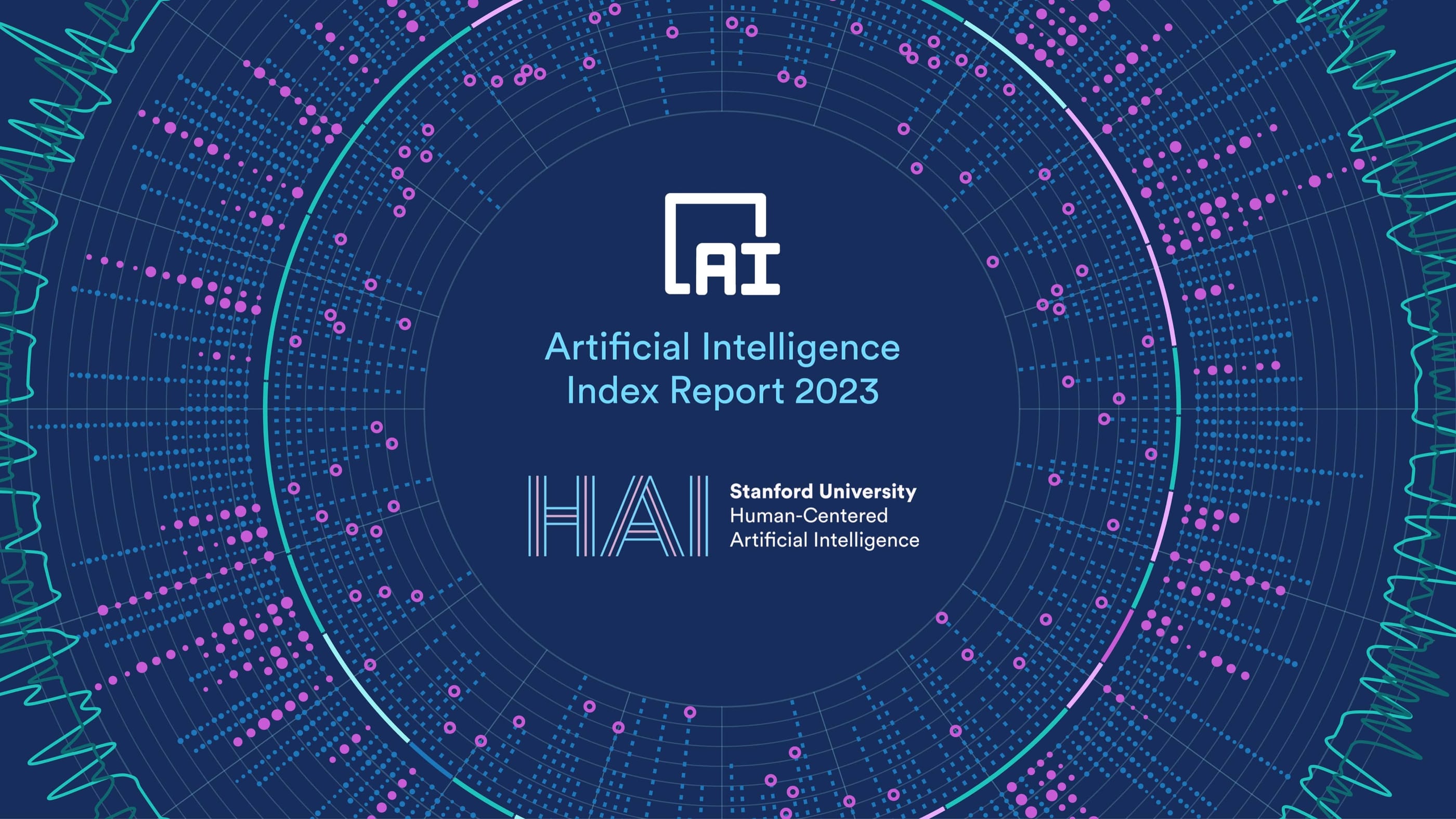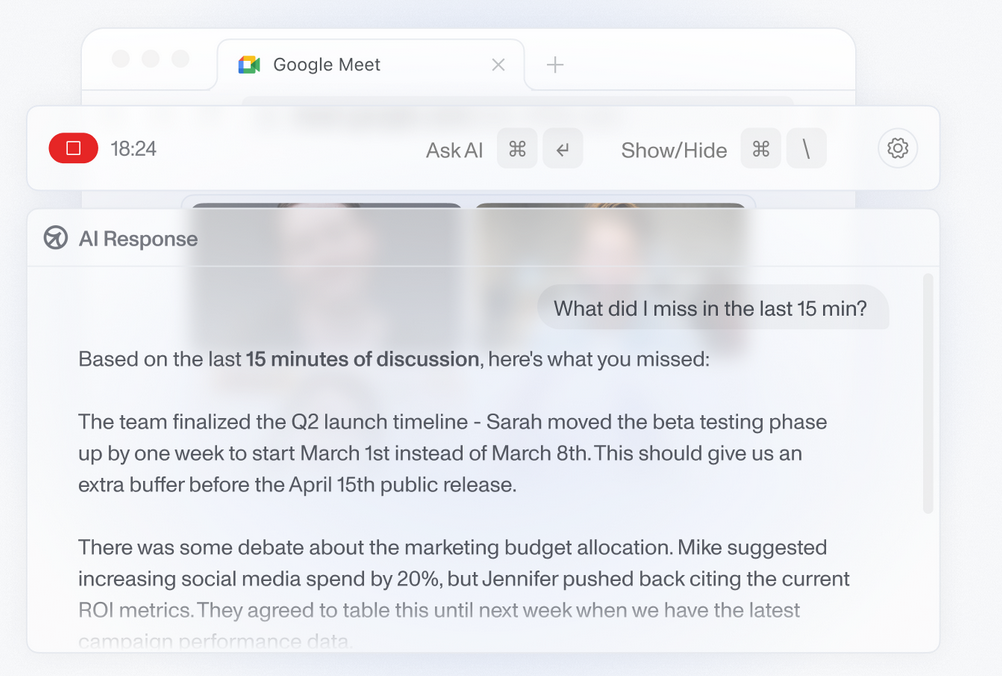Stanford University has released a 386-page report detailing the current state of AI and its potential implications. The report, which was compiled by a panel of experts, covers a wide range of topics related to AI, including the technology's impact on the economy, society, and individual privacy.
One of the key takeaways from the report is that AI is likely to have a profound impact on the job market. As AI systems become more advanced, they will be able to replace human workers in a variety of industries, potentially leading to widespread unemployment. The report suggests that governments and businesses need to take steps to retrain workers and provide them with new opportunities.
Other key takeaways of the report are:
- The development of AI has been diverted to more of industry led than academia led.
- Test models need new benchmarks as traditional ones are becoming obsolete.
- The energy footprint of AI Training and its use is becoming considerable.
- Job postings and skills related to AI are on the rise
- Lawmakers are stumbling over themselves to create a comprehensive AI statute.
- Despite a recent temporary halt, investment has increased dramatically during the past ten years.
- Over 70% of respondents from India, China and Saudi Arabia thought AI had more benefits than drawbacks. And Americans? Only 35% think AI is beneficial. 🙂
Another important finding from the report is that AI has the potential to exacerbate existing inequalities. For example, AI systems may discriminate against certain groups of people, such as minorities or people with disabilities. To prevent this from happening, the report recommends that AI systems be designed with fairness and inclusivity in mind.
The report also highlights the need for regulation and oversight of AI systems. As AI becomes more advanced, it will become increasingly difficult to predict the outcomes of these systems. The report recommends that governments and businesses work together to develop regulations that ensure the safe and responsible use of AI.
One of the most interesting aspects of the report is its discussion of the potential risks associated with advanced AI systems. The report suggests that there is a risk that AI systems could become so advanced that they are difficult to control, potentially leading to unintended consequences. To prevent this from happening, the report recommends that AI systems be designed with safety and security in mind.
Overall, the Stanford report provides a comprehensive overview of the current state of AI and its potential implications. While AI has the potential to revolutionize many aspects of our lives, it is important that we approach this technology with caution and consideration. By working together to develop responsible AI systems, we can ensure that this technology is used for the benefit of all.
Hope you enjoy reading the full report.






Comments